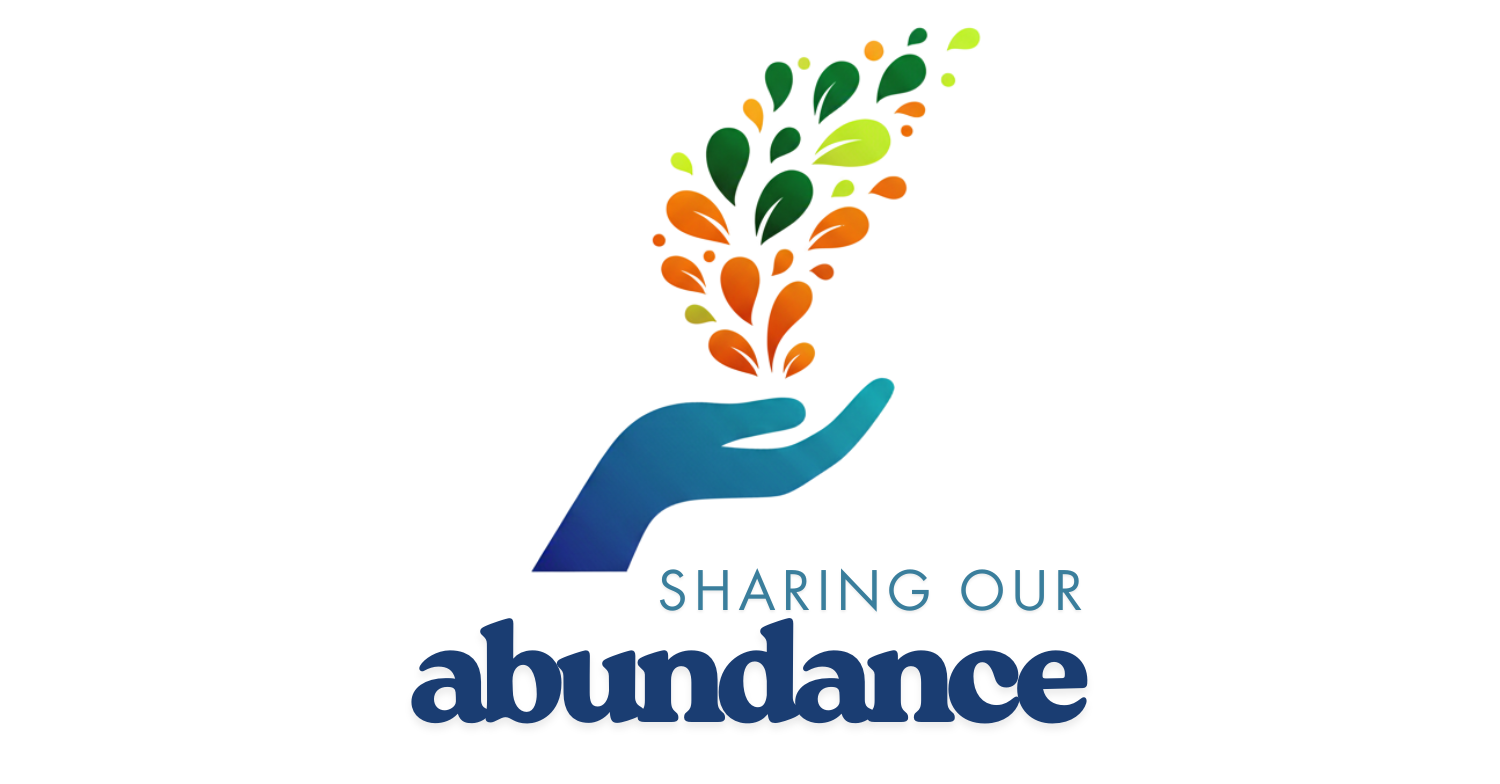
THEME WORD
ABUNDANCE
SCRIPTURE
Mark 6:31-44
REFLECT
Have you heard this story? An indigenous Brazilian hunter saying, “Store my meat? I store my meat in the belly of my brother.”
Robin Wall Kimmerer tells the story of that quote:
“Yes, that quote, that story […] is at the heart of what we understand to be a gift economy. In this story, the hunter had been successful that day and came back with a really sizable animal. And so the anthropologist linguist was talking with them and saying, “Well, how are you going to store the meat? Are you going to dry it or salt it? What will you do to store the meat?” And he reports the astonishment of the hunter, saying, “Store my meat. Why would I do that?” And so he asks again, and he said, “Well, no, I don't store my meat. I store my meat in the belly of my brother.” Meaning he wasn't going to hold on to and accumulate this bonus, this surplus of meat. He was going to have a feast. He was going to invite his neighbors, his friends, his extended family, all to come and benefit from what the forest had provided him in the form of game. And the anthropologist was astonished because that breaks all the rules of Western economics. Doesn't it? That says, “Well, you should hold on to that for yourself. You should store it so that when the hungry time comes, as it inevitably does, you'll have food security.” But essentially, the lesson taught by that story is there are other ways to have material security, food security, and that is through relationship. That hunter was saying, when I feed my neighbors, when I feed my community, they're going to feed me when their nets are full of fish, they're going to invite me to a feast if I need their help, we've established good relationships of trust and kinship, so they'll take care of me, because I'm taking care of them. And that is the heart of a gift economy. No money is exchanged. The gift stays in motion. It creates this network of relationships that create the kind of material security that market economics is designed to produce.”
–from Living On Earth
ACT
As you go through this week, look for the gift economies. Where do you see them? For instance, notice how there are little free libraries in the neighborhood–this is a micro gift economy. And, free public libraries scale up this gift economy.
Where else do you notice gift economies, large and small?
The next time you need a clothing item, consider the gift economy and consider a hand-me-down or buying used. As you plan for a larger purchase, can that item be shared or borrowed? For instance, does everyone in your neighborhood need a lawn mower? Can it be shared?
Spend time this week making a gratitude list.


